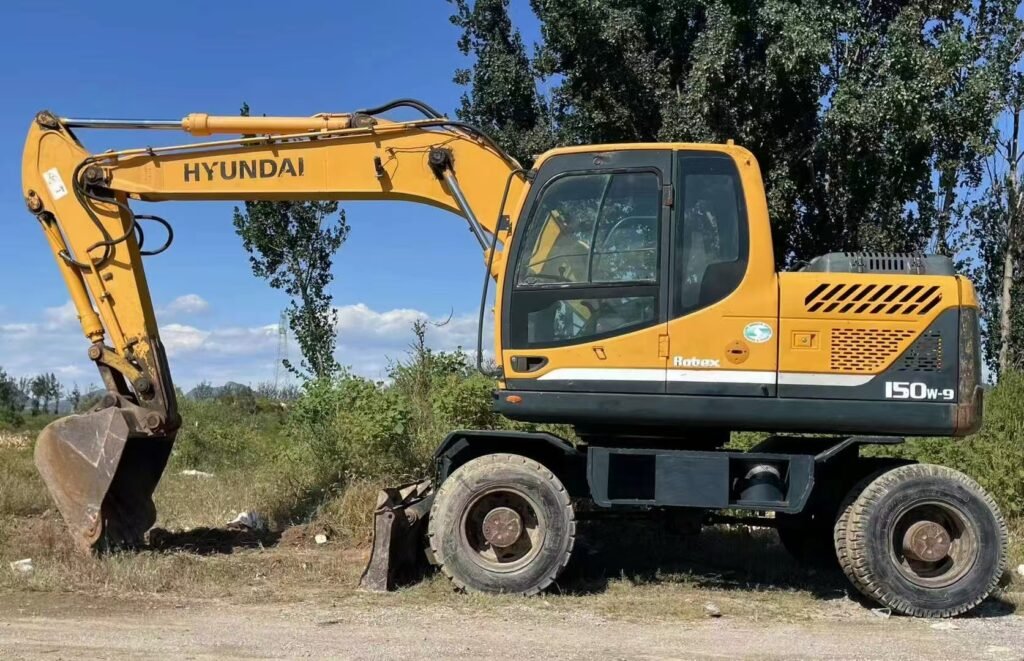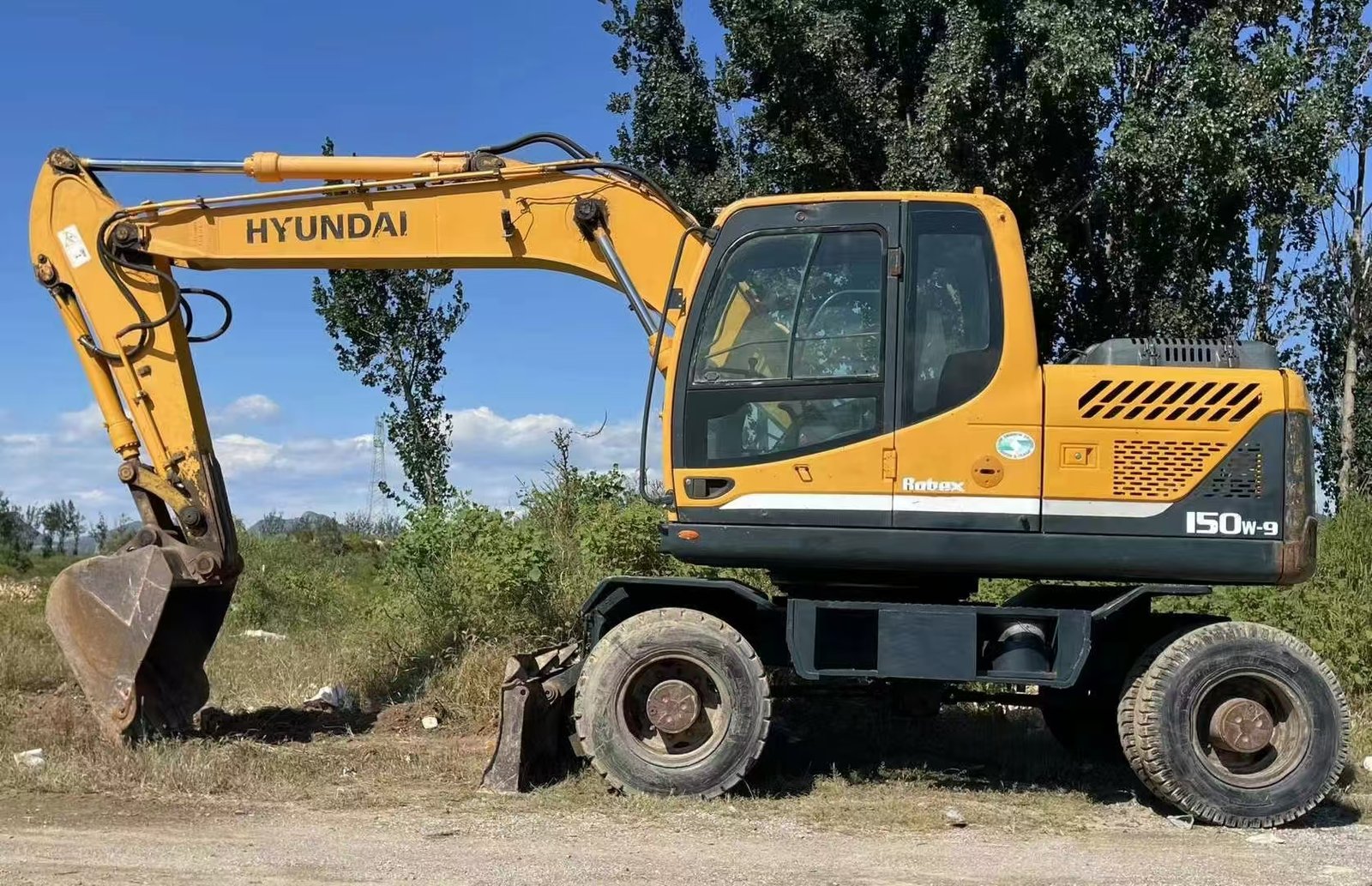Introduction
China has become a global leader in heavy machinery manufacturing, exporting excavators to over 150 countries. Combining cost efficiency, advanced technology, and flexible supply chains, Chinese excavators offer compelling advantages for international buyers. Below is a detailed analysis of key benefits.
1. Competitive Pricing
Chinese excavators typically cost 30–50% less than equivalent models from Western or Japanese brands, without compromising core functionality.
- Example: The Sany SY500H (50-ton hydraulic excavator) retails for approximately $165,000, compared to $450,000+ for a similar-capacity Caterpillar 320.
- Economies of scale: Bulk orders often qualify for additional discounts or value-added services (e.g., free spare parts or extended warranties).
2. Customization Options
Chinese manufacturers prioritize flexibility to meet diverse operational needs:
- Environment-specific adaptations: Arctic-grade engines (-30°C), desert cooling systems, or tropical corrosion-resistant coatings.
- Regulatory compliance: Machines can be pre-configured to meet emissions standards (Euro Stage V, EPA Tier 4) or safety certifications (CE, ISO).
- Bespoke modifications: Custom buckets, extended booms, or hybrid power systems.
3. Rapid Production and Delivery
China’s integrated supply chain ensures shorter lead times:
- Production: Most factories operate on 60–90-day schedules for standard orders.
- Logistics: Major ports (Shanghai, Ningbo) offer dedicated heavy equipment shipping lanes. Door-to-door delivery to Africa, Southeast Asia, or South America typically takes 15–30 days.
- Urgent orders: Some suppliers provide expedited disassembly-and-reassembly services for air or rail freight.
4. Advanced Technology Integration
Modern Chinese excavators incorporate cutting-edge innovations:
- Smart operation: GPS-guided digging, load-sensing hydraulics, and IoT-enabled remote diagnostics.
- Operator comfort: Ergonomic cabs with touchscreen controls, climate control, and noise reduction.
- Sustainability: Electric and hybrid models (e.g., XCMG XE270E) reduce carbon footprints and fuel costs.
5. Comprehensive After-Sales Support
Reputable suppliers provide robust service networks:
- Global spare parts hubs: Warehouses in Dubai, Rotterdam, and Singapore ensure 3–7-day delivery for critical components.
- Local partnerships: Many brands (Liugong, Zoomlion) collaborate with regional dealers for onsite maintenance and training.
- Warranties: Standard 1–2 years, extendable for long-term contracts.
Quality Assurance
Concerns about durability have largely been addressed:
- Materials: High-strength steel frameworks and globally sourced components (Kawasaki hydraulics, Cummins engines).
- Testing: Rigorous protocols simulate 10,000+ hours of extreme operation before delivery.
- Certifications: ISO 9001, ISO 14001, and OHSAS 18001 compliance are standard among top manufacturers.
Key Considerations for Buyers
To ensure a smooth procurement process:
- Verify supplier credentials: Check MOFCOM registration, export history, and third-party audits.
- Request samples or factory inspections: Test machines under real-world conditions.
- Clarify Incoterms: Define responsibilities for shipping, tariffs, and documentation (e.g., FOB Shanghai vs. CIF Durban).
Conclusion
Importing excavators from China provides significant cost savings, technical reliability, and adaptability for global operations. By partnering with established manufacturers and conducting due diligence, buyers can secure high-value equipment tailored to their projects.
For further details, contact us for a curated list of vetted suppliers, compliance guides, and case studies from clients in your region.
Expertise. Efficiency. Value.



